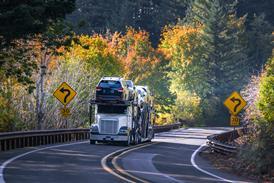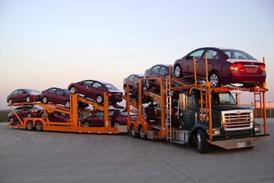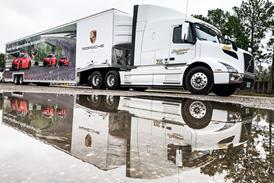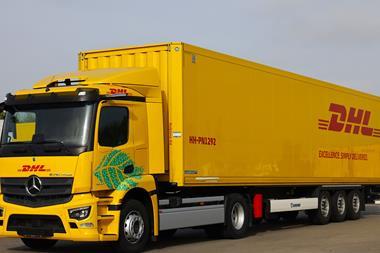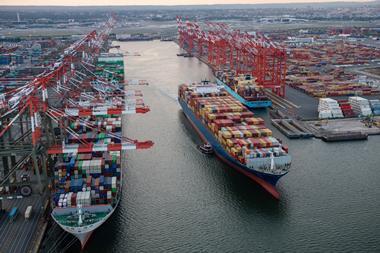
Following last week’s news that Honda is shifting 80% of its imports from San Diego to the Port of Richmond (read more here), the port has now broken ground on a $40m rail infrastructure development that will allow the carmaker to move more than 145,000 vehicles through the port per year.
The project, which is being handled by transport facility expert TransDevelopment Group, under contract with port processor Auto Warehousing Company, will dramatically increase the BNSF Railroad service to the port and involve an upgrade to the existing line as well as the introduction of a second, dedicated line specifically for finished vehicle transport.
"Establishing these operations in Richmond will help us secure and balance our long-term logistics needs," said Dennis Manns, assistant vice president of logistics for American Honda. "This additional port not only ensures future rail and port capacity, but it also has a net environmental benefit, a key goal for Honda in all of its operations."
A seven-track, 84 railcar loading and unloading facility will be built at the Point Potrero Marine Terminal and the vehicles will be transported on Honda’s multi-level Auto-Max rail cars, each capable of carrying 22 vehicles and mixing both trucks and cars.
At the groundbreaking event in Richmond, Scott Crail, manager of distribution operations, American Honda, said: "The Richmond facility will allow us to get our products to our dealers in Northern California and beyond with even greater speed and flexibility."
Improvements will also be made to the BNSF automotive facility near the port, including a six-track rail yard to support switching operations. In addition, the port’s deep-water ship berth (one of two) will be renovated to allow up to two car carrier ships to berth and unload at the same time.
In other news, billionaire investor Warren E. Buffett and his investment group Berkshire Hathaway have announced they will acquire BNSF during the first quarter of 2010. Company officials stated that the transaction is valued at around $44 billion, which includes $10 billion of outstanding BNSF debt.
BNSF CEO Matt Rose told journalists that the transaction will allow BNSF to focus on future needs its railroad, its customers and the US transportation infrastructure.






